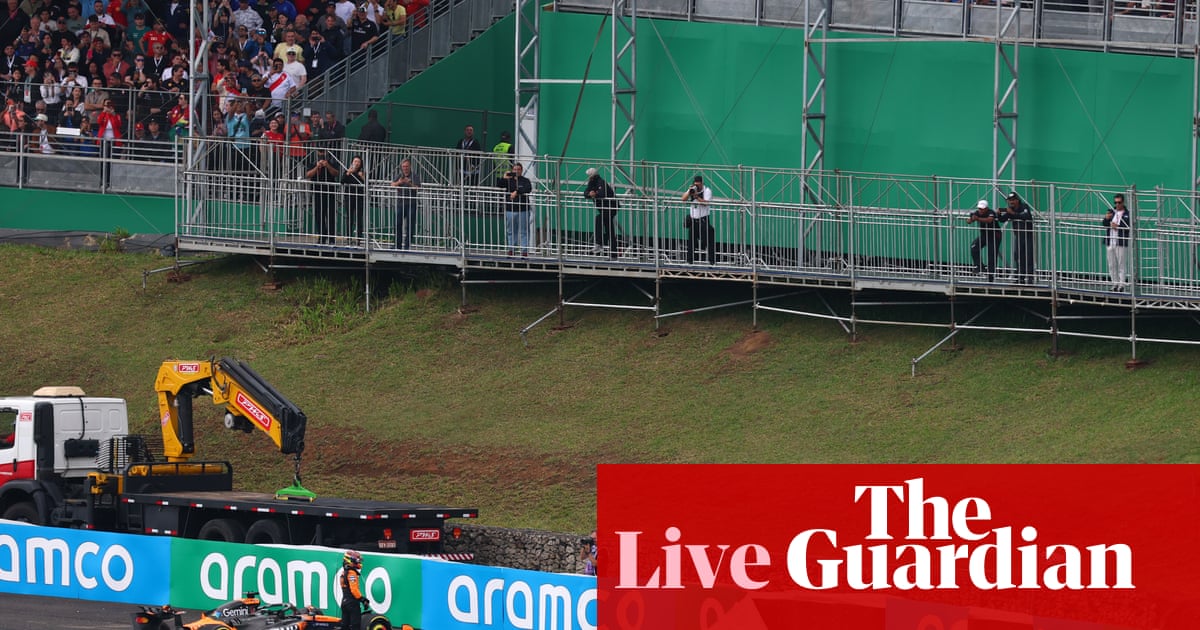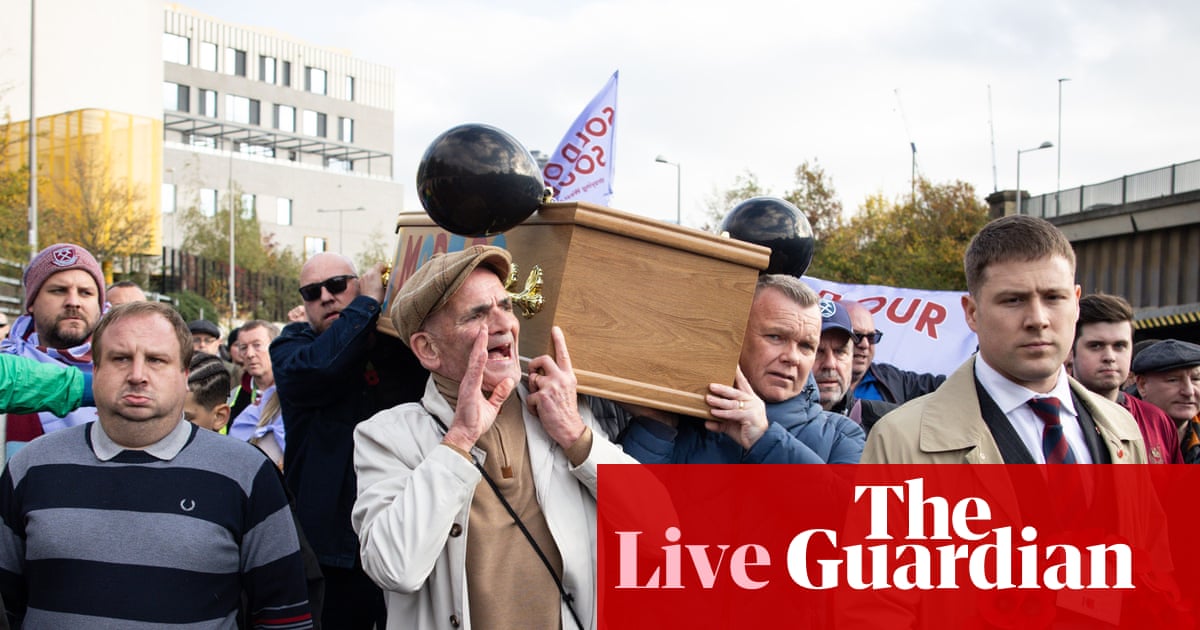Kemi Badenoch’s reshuffle of the shadow cabinet this week fell between two stools. It was not a de minimis reorganisation to account for the departure of Edward Argar from the health portfolio as a result of illness, but nor was it the sort of “big bang” restructure that might have lent her leadership a sense of renewed momentum.
I have heard few serious complaints about the appointments she did make, though a few – such as the removal of Jack Rankin, a close ally of Robert Jenrick, from his justice brief and his replacement with the Badenoch supporter Ben Obese-Jecty – have prompted some eye-rolls.
You can detect similar tactics at work in the return to the frontbench of James Cleverly, who will now square off against Angela Rayner as shadow housing secretary. It’s by no means an unwise appointment; Kevin Hollinrake, his predecessor, was not impressing in the role, and Cleverly is a strong media and Commons performer.
But it can also be read as a bit of a balancing act. It is obviously destabilising for Badenoch’s leadership to have Jenrick, the man almost universally regarded as her likely successor, as the highest-profile and best-performing member of the shadow cabinet. Elevating Cleverly, a potential rival, to a position where he can build a profile makes sense, in a divide-and-rule sort of way.
The more serious sins, however, are sins of omission. By making changes to several major portfolios, such as appointing Richard Holden to transport, Badenoch has made all the changes she didn’t make look like actual decisions.
As such, her decision to retain the services of Priti Patel – whose only big moment since the general election has been a rash of well-deserved bad publicity when she asked to be thanked for the post-Brexit immigration “Boriswave” – inevitably looks like an actual endorsement. Not helpful, if you’re a leader trying to establish your own credibility on immigration.
Ditto her not making space for rising stars of the 2024 intake, such as Katie Lam. In government, such a delay might make sense – but one of the urgent tasks facing the Tories is to present a fresh face to the electorate after 14 years in power, and Badenoch has missed an opportunity to do so.
Politically, we might say that in the eyes of the party Badenoch had one mulligan on the shadow cabinet. Most people accept that it takes time for a new leader to find their feet, and that a leader’s assessment of a colleague might be sharpened by actually working with them in opposition. Now she’s had that mulligan, but at the same time hasn’t really used it.
More important, perhaps, is the departure of Lee Rowley as her chief of staff. Backroom appointments get less attention than ministerial changes, but they can be more significant. Rowley was one of Badenoch’s few really close allies in politics, and such people play a critical role in any leadership. Theresa May might have survived the departure of Nick Timothy and Fiona Hill after the 2017 election, but it marked the point when she lost control of her own destiny.
So what is going on? The semi-reshuffle illustrates a number of deep, structural problems facing Badenoch. Some of these are not her fault, others are.
First, there is the simple fact that there are barely enough Conservative MPs to adequately staff the opposition frontbench. As such, any leader would need to give jobs to far more people than they didn’t, which limits their ability to craft a shadow cabinet in their image – a problem compounded by the fact that the parliamentary Conservative party is deeply divided on the critical questions of what mistakes the party made in office and what it should do next.
Any leader would face those problems. Badenoch has, however, made them more difficult for herself, most obviously by the way she won last year’s leadership contest.
Badenoch stood as a unifier, and has tried to make a virtue of party unity since becoming leader. But that unity was bought at a heavy price: not taking any policy positions. She summed up her pitch at her launch event as: “I don’t pretend I have all the answers, but I’m an engineer – and I know how to find them.”
Tactically, this worked. But it did so by letting lots of people project their own hopes and preferences on to her. As a result, she can’t build the shadow cabinet around a policy agenda because she doesn’t have one yet; worse, agreeing one will be more difficult because nobody who backed her leadership committed themselves to any controversial policy changes by so doing.
Further compounding all this is Badenoch’s rapidly deteriorating position as leader. One plausible reason for not tapping up the 2024 intake is that bringing new people into the shadow cabinet team means kicking people out – and she cannot afford to create new enemies in the parliamentary party if she can possibly help it.
In many ways, Badenoch’s position is actually very similar to Rishi Sunak’s during the dying days of the last government: trapped in an ever-weakening position and lacking the strength, the allies or the vision to make the sort of bold manoeuvre that alone might offer a way out.
-
Henry Hill is deputy editor of ConservativeHome

 3 months ago
110
3 months ago
110

















































